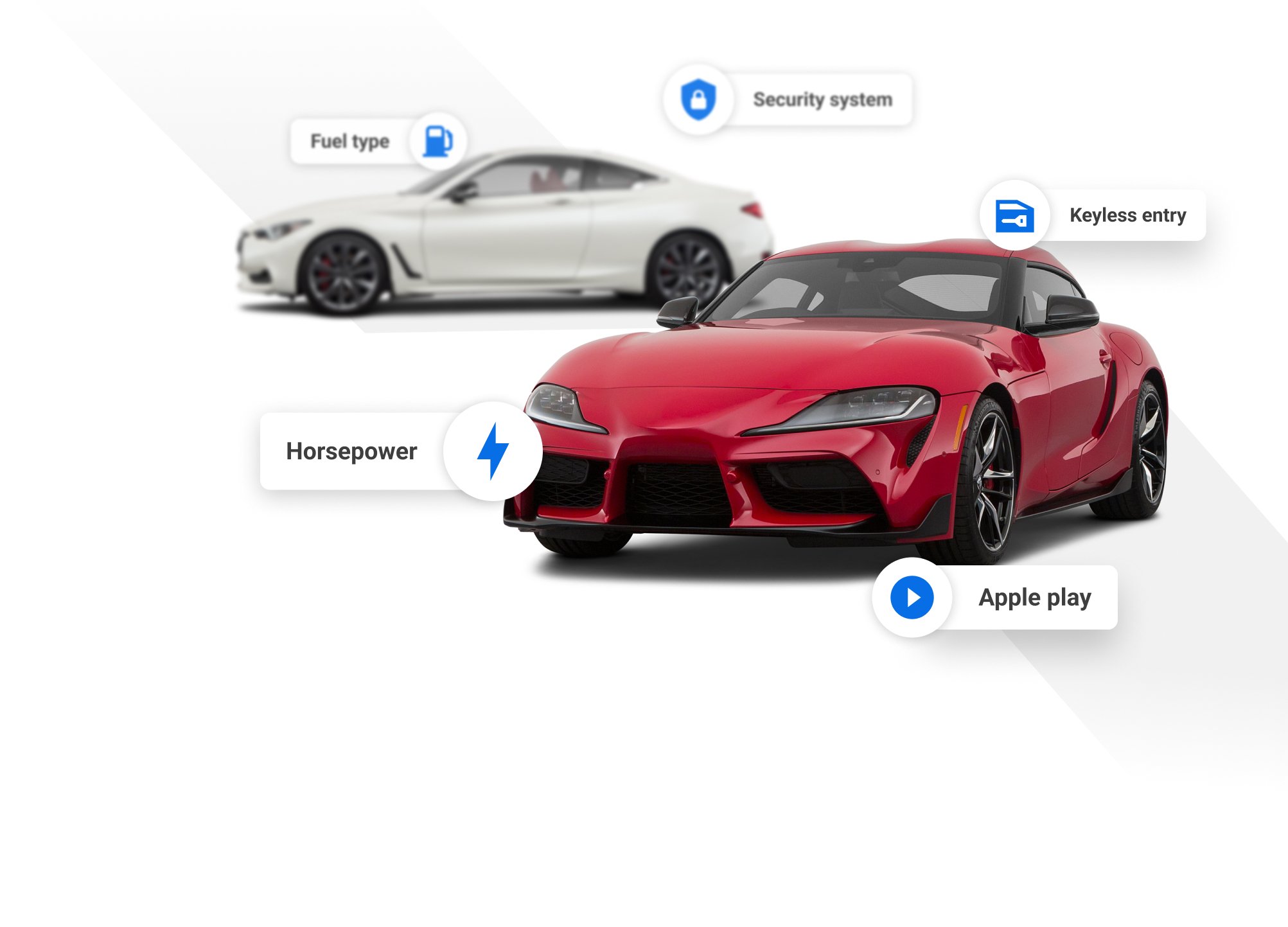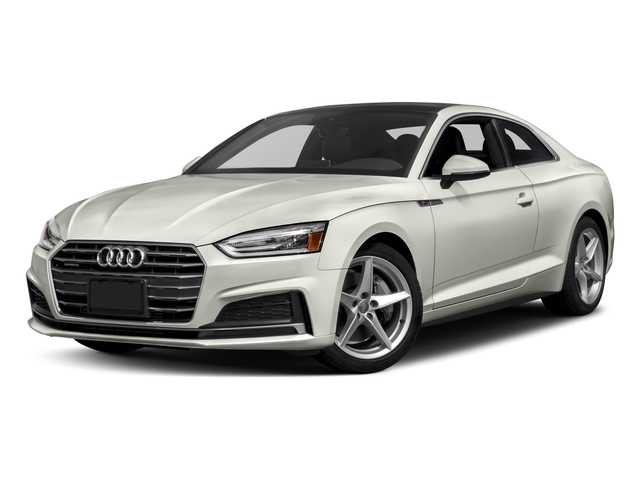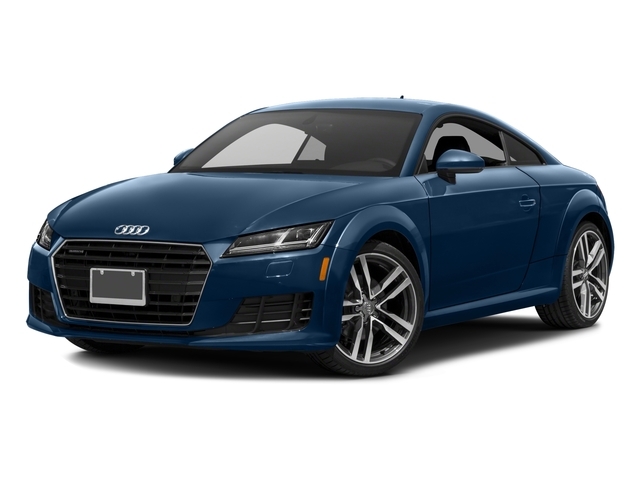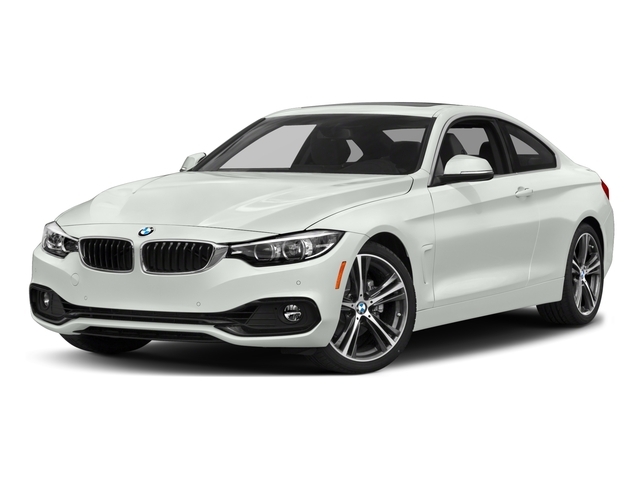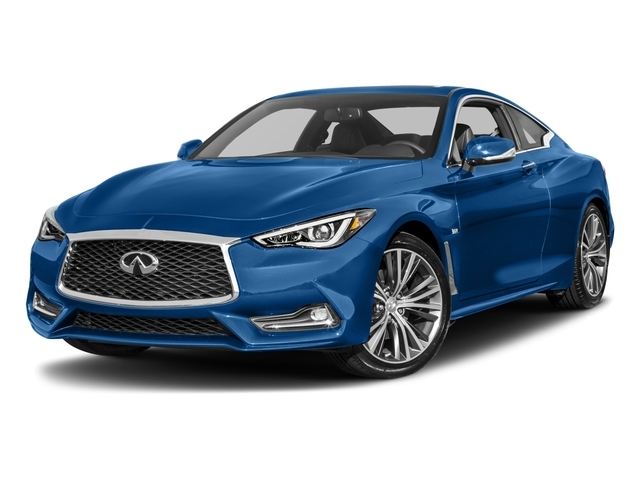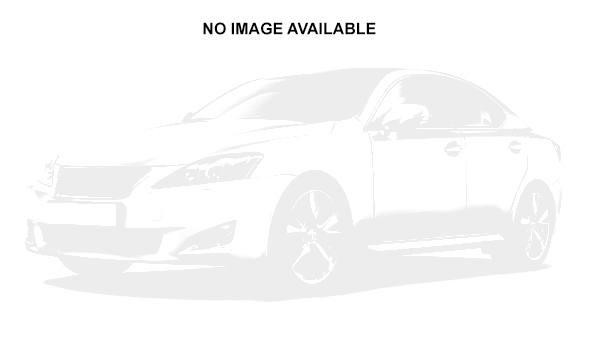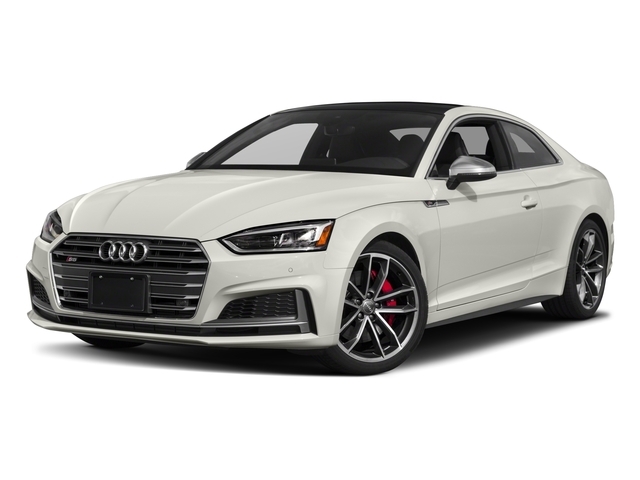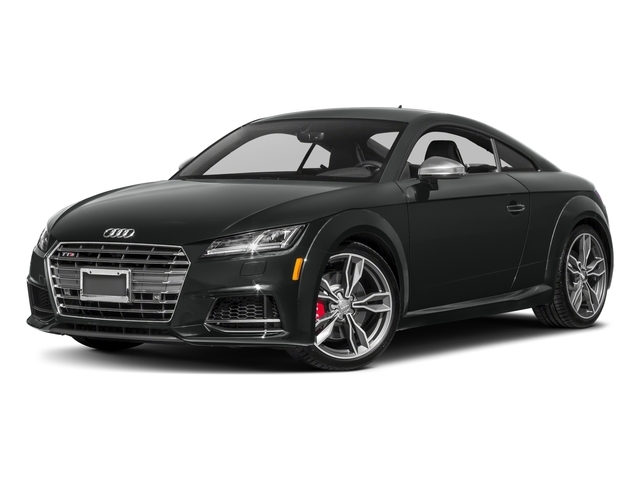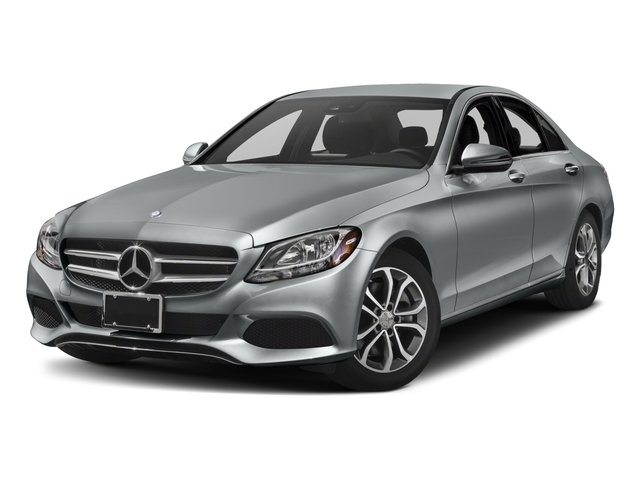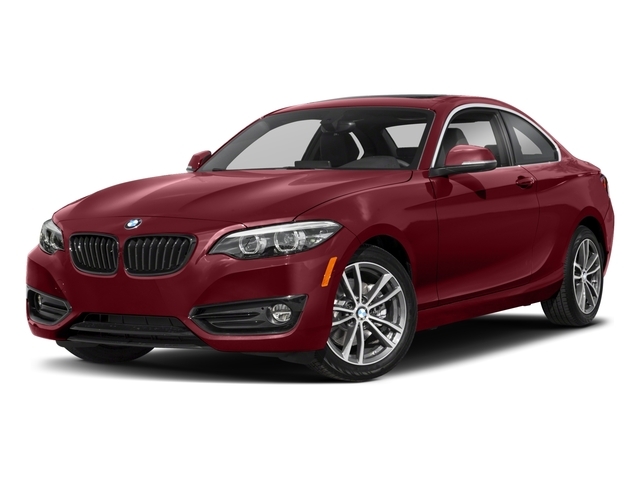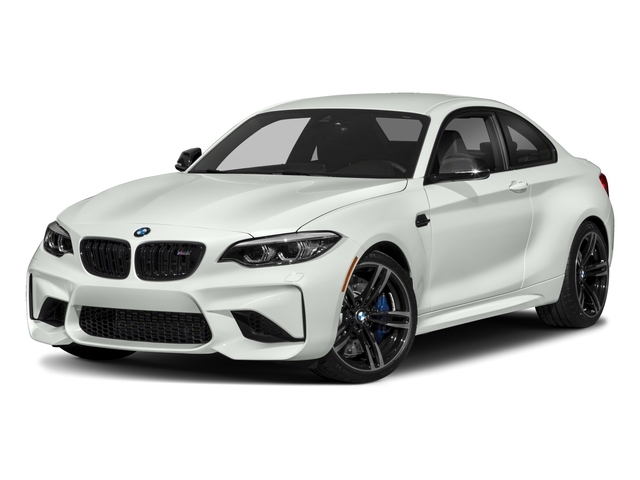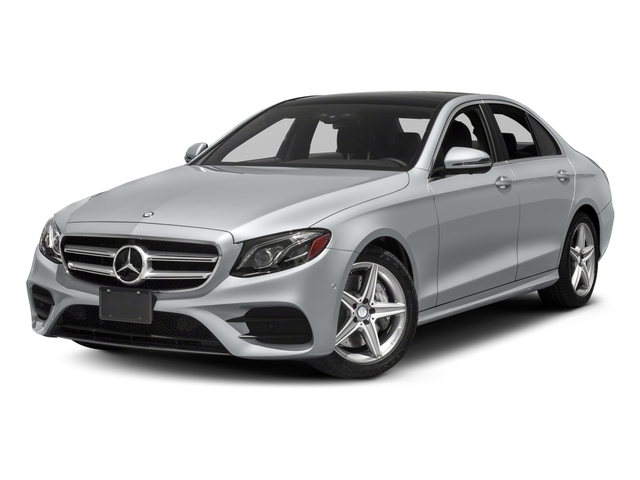
2018 Lexus RC

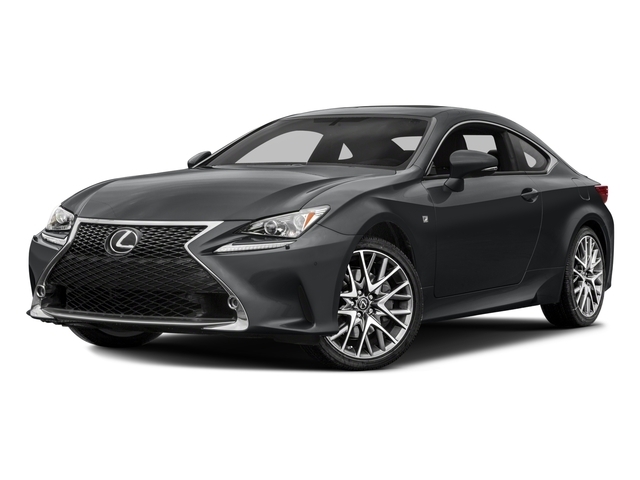
Key Specifications for 2018 Lexus RC






Buyer’s Guide
The target buyers for coupes and sedans are different people, so it stands to reason the cars should stand apart from each other, too. That's a trend BMW started in 2014 when it renamed the 3 Series coupe as the 4 Series and one Lexus followed in 2015 with the launch of its first proper compact coupe model, the RC.
Based on the IS sedan, the RC gets more aggressive styling to go with its two fewer doors. It's a look that works well, in spite of the outsized grille that once again dominates the car's face.
For its fourth year on the market, the RC gets a couple of additions to its list of standard features. One is the brand's Safety System +, a suite of active safety items that includes a pre-collision system with pedestrian detection, automatic high beams, radar cruise control and lane departure alert with lane keep assist.
The other piece of new tech is Lexus's Enform App Suite 2.0, which adds connectivity in the form of emergency assistance, concierge services and a GPS-enabled vehicle locator.
Otherwise, the RC carries over in a pair of trims built around two versions of Lexus's 3.5L V6 engine. In the entry-level RC 300, it makes 260 hp and 236 lb-ft of torque, while the RC 350 benefits from 311 hp and 280 lb-ft. Both engines come with a six-speed automatic transmission and AWD.
There's also a high-performance RC F powered by a big V8, but it's covered in a separate buyer's guide entry.
BMW's engine technology may be better known among luxury car buyers, but this Lexus motor is not to be underestimated. In either state of tune it makes its power in a smooth, refined manner. Lexus is among the minority in this class to eschew forced induction, and the downside to that is a relative lack of low-end torque next to the 4 Series and Mercedes-Benz's C-Class coupe.
Standard kit in the RC 300 includes a 10-speaker stereo, 18-inch wheels and LED fog lights, among other items.
To that entry-level trim, an F Sport Series I package adds 19-inch wheels, power steering wheel adjustment, Enform destination assist with navigation, 10.3-inch infotainment display, adaptive variable suspension, blind spot monitor with rear cross traffic alert, ventilated front seats, automatic wipers and an upgraded gauge cluster.
The RC 350 comes standard with front sport seats and steering wheel, 17-speaker sound system, intuitive parking assist and LED headlights.
Fuel consumption estimates for both models are 13.1/9.8 L/100 km (city/highway).
Review & Compare:
Photos

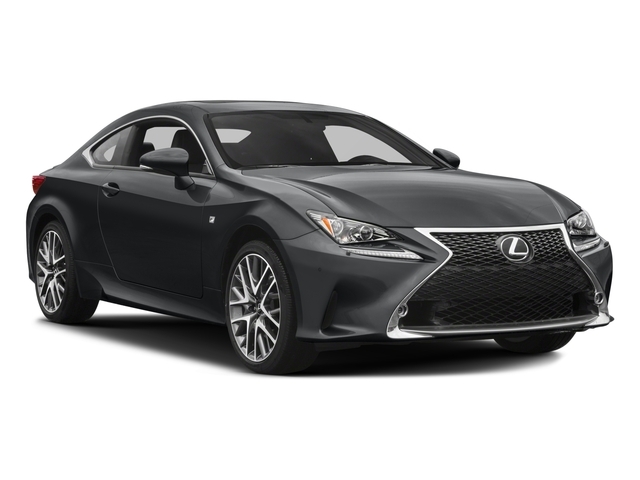
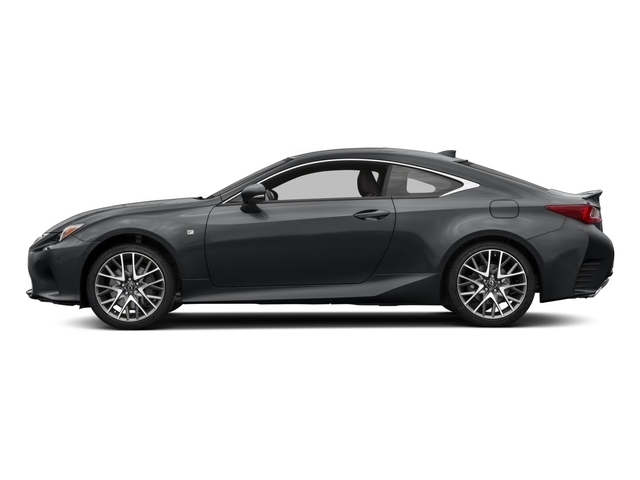
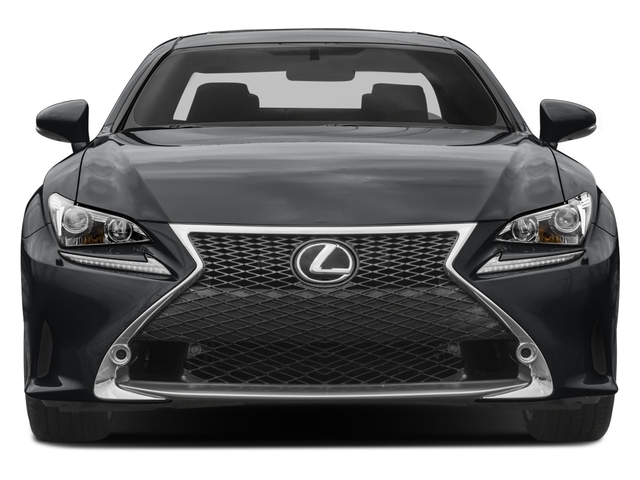
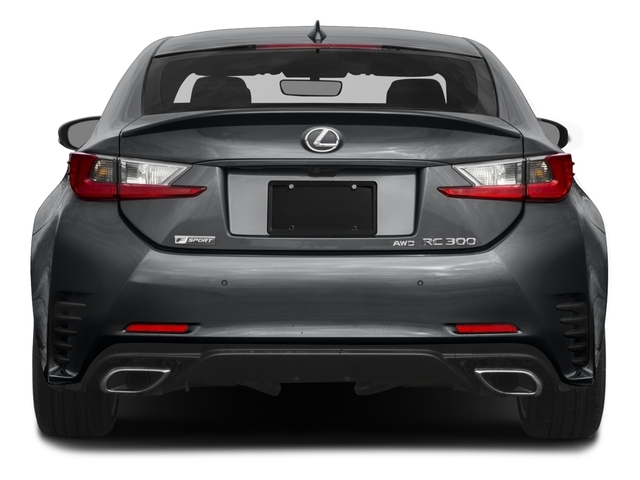
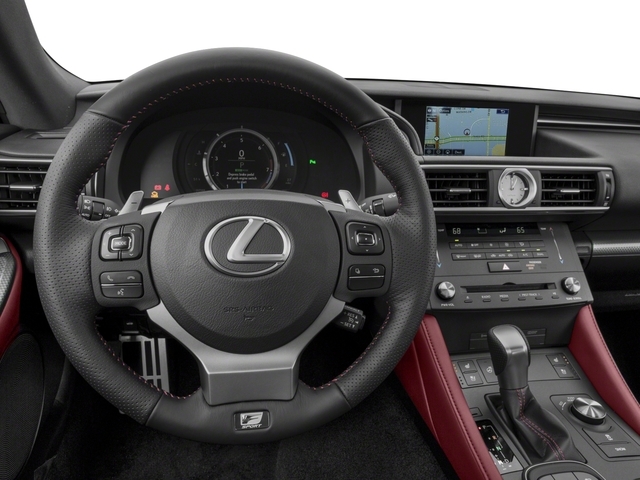

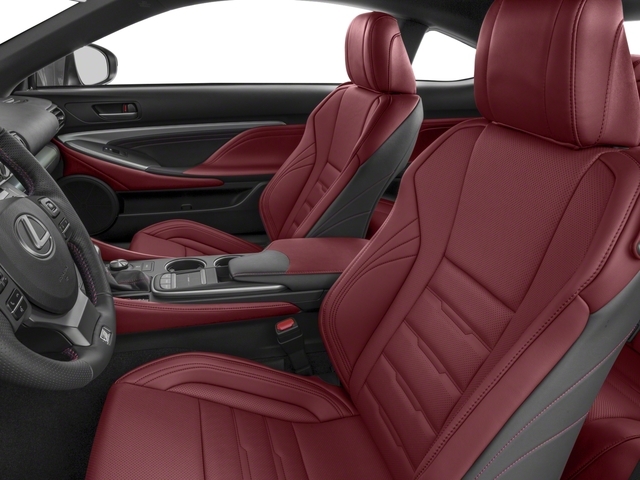
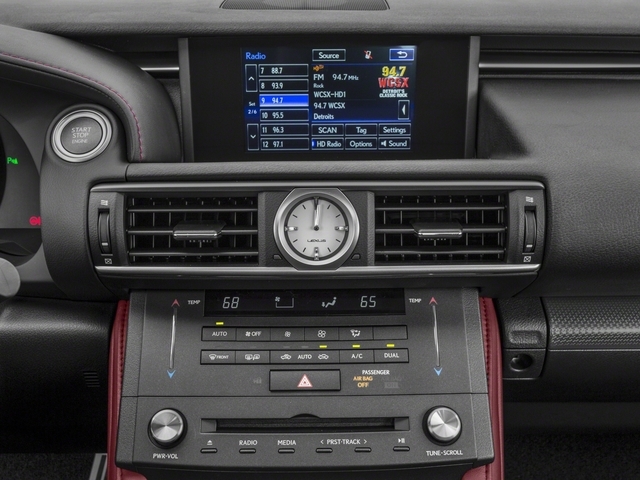
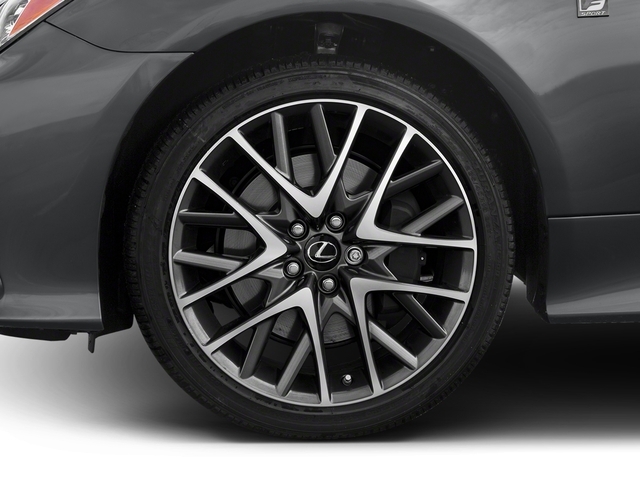
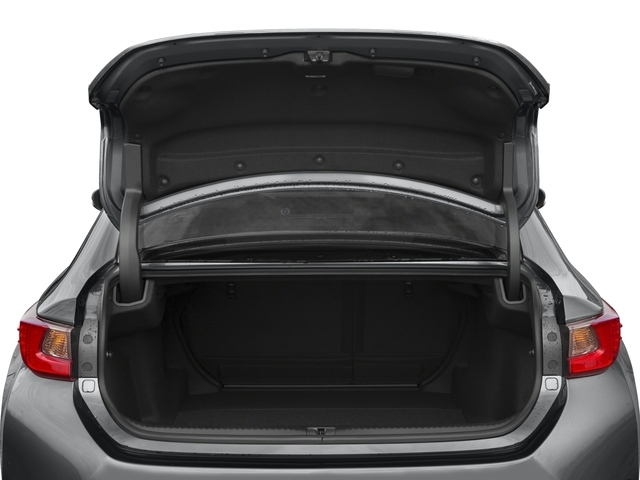
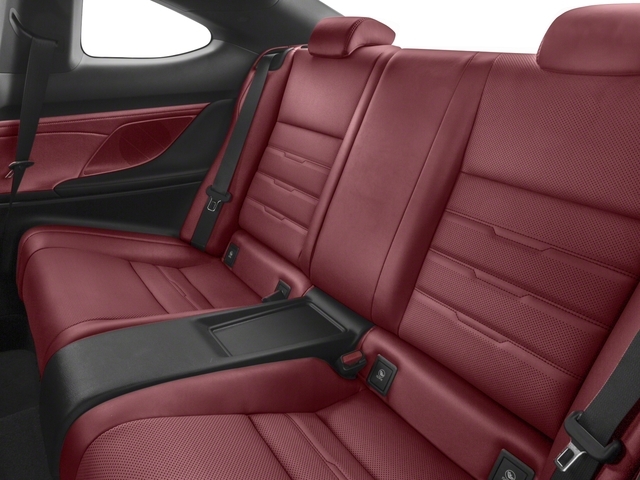
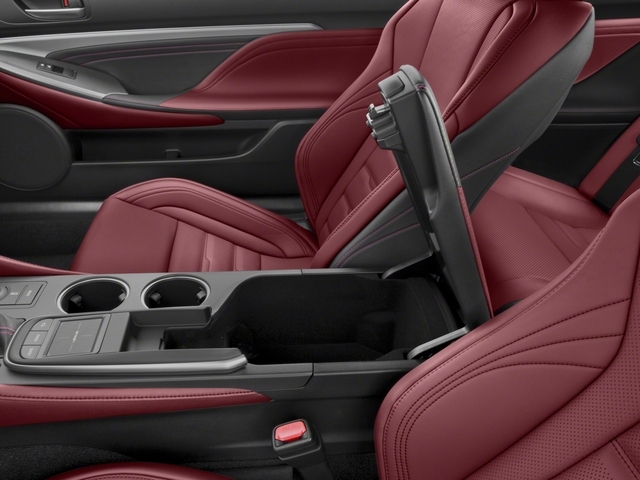
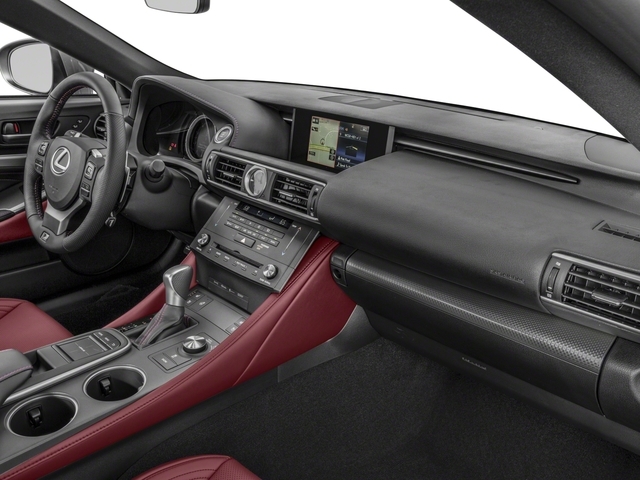
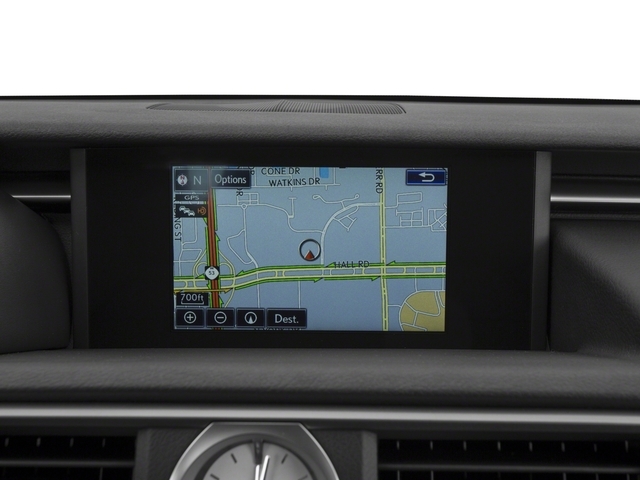
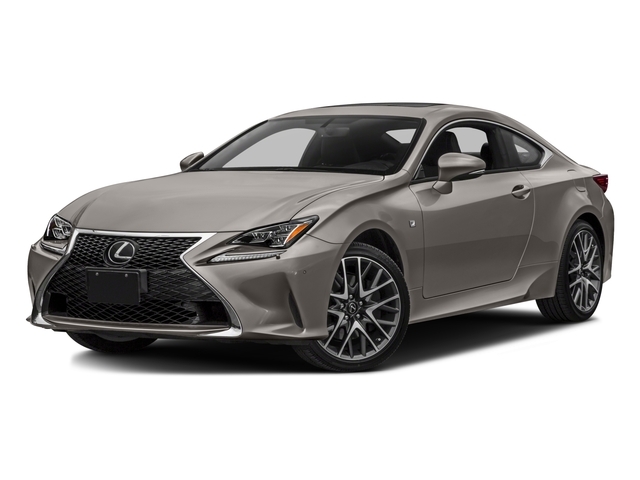
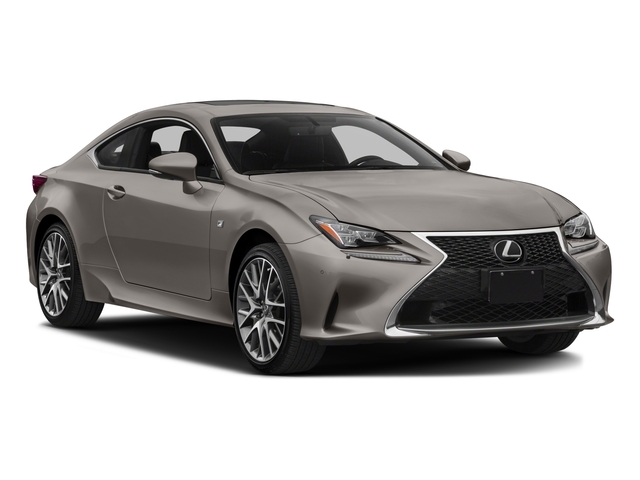
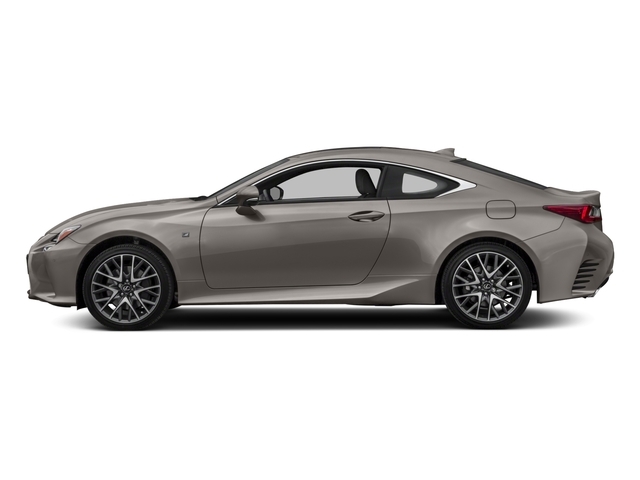
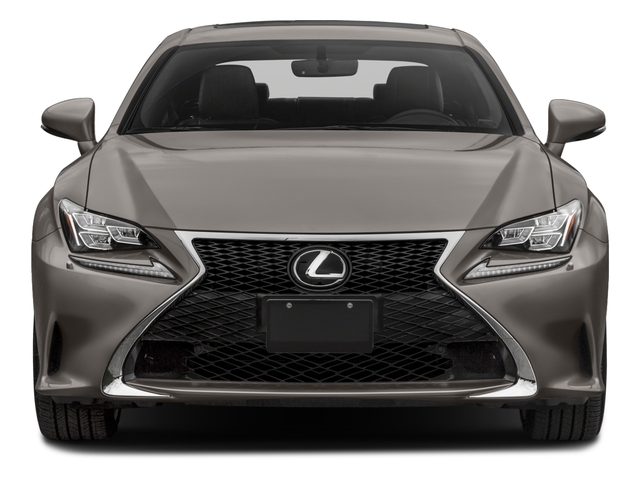

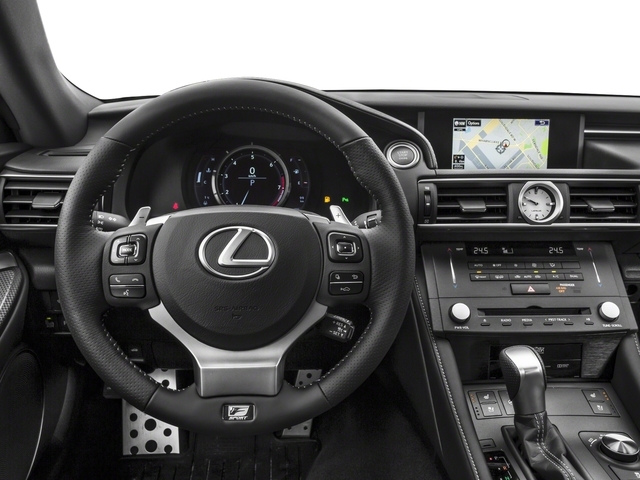
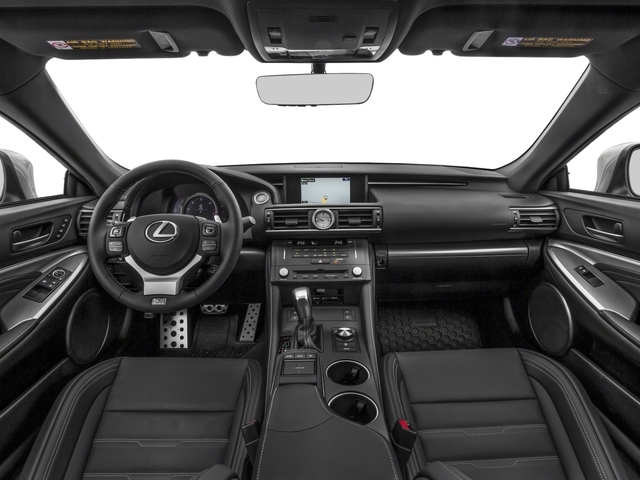
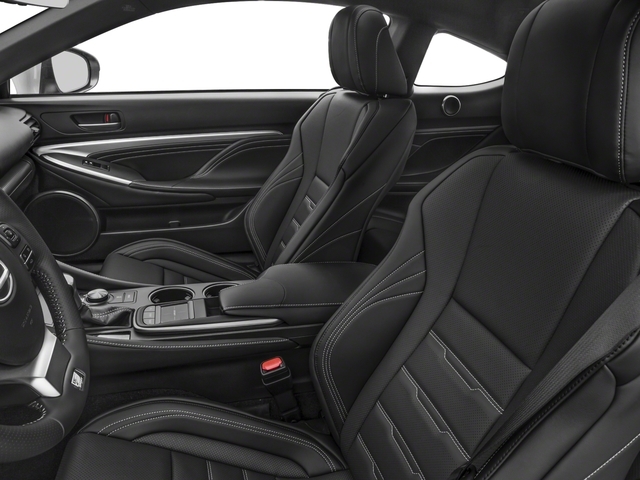
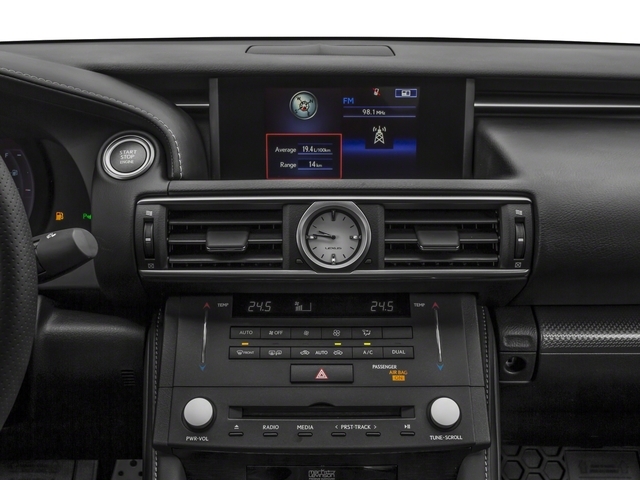
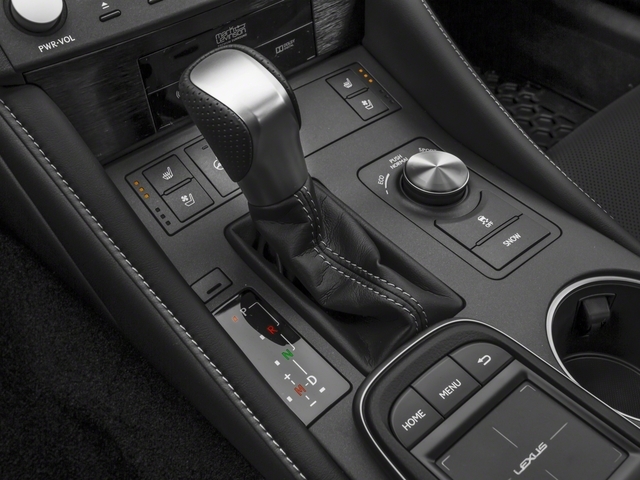
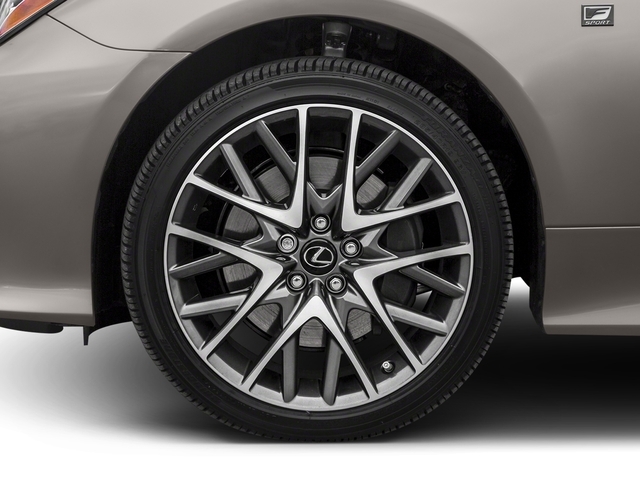
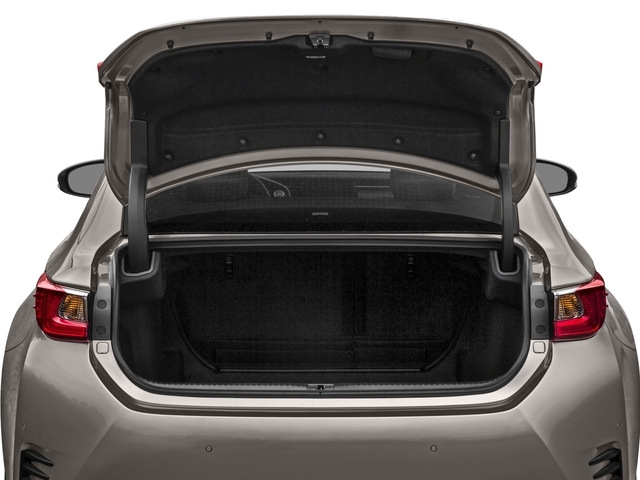
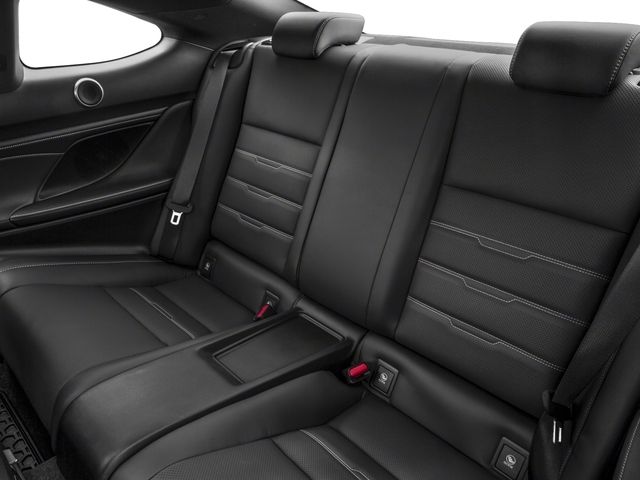
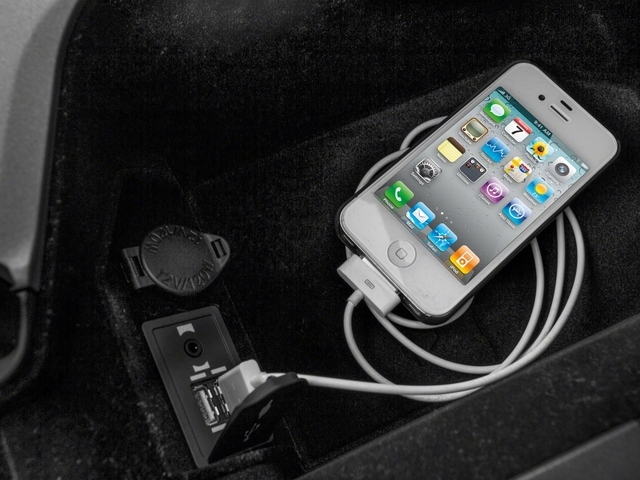

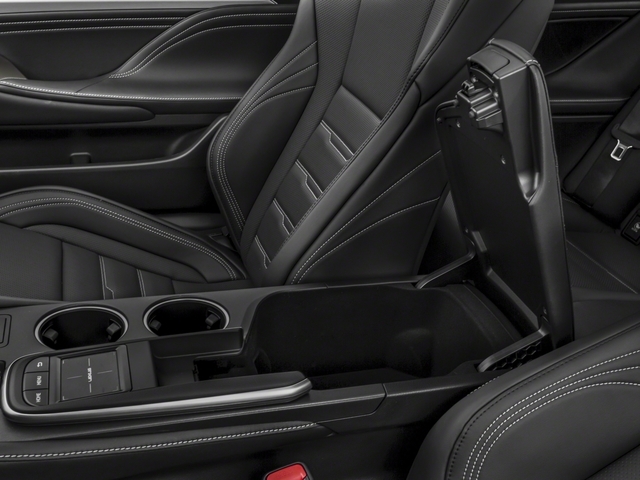
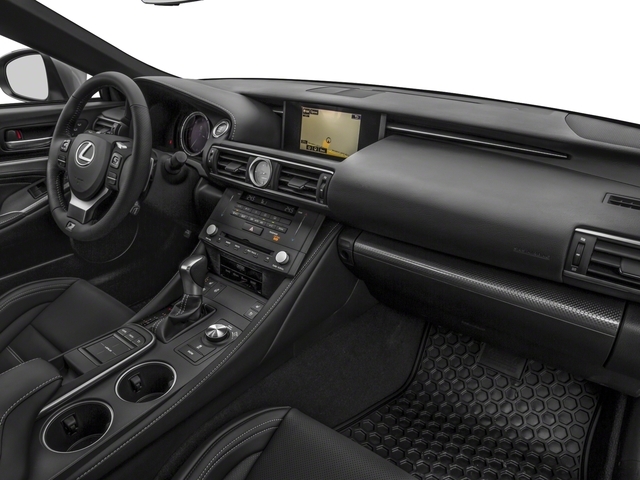
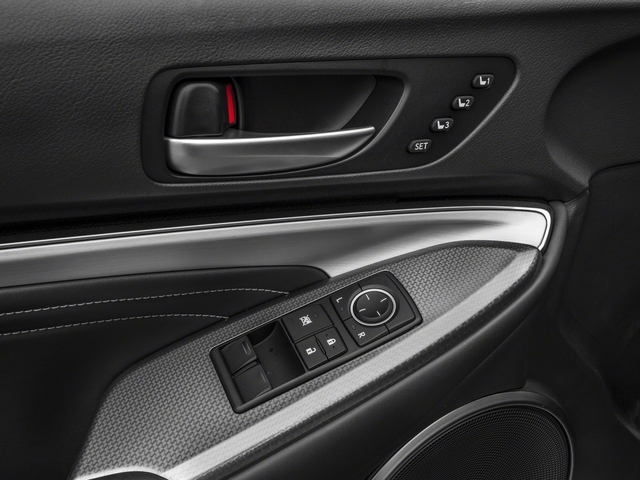
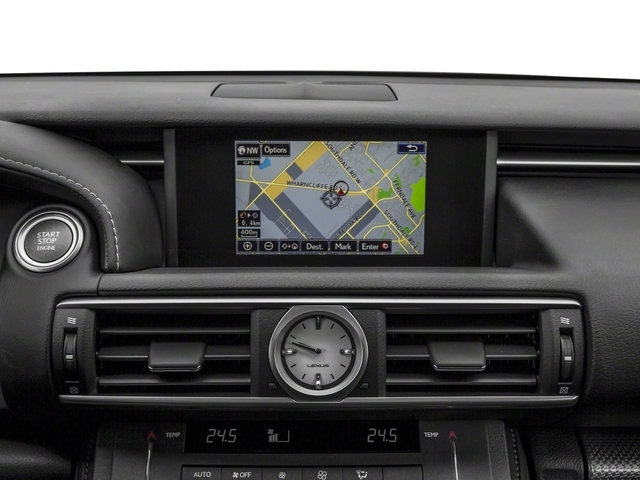


































AutoTrader Review


This vehicle has not yet been reviewed



